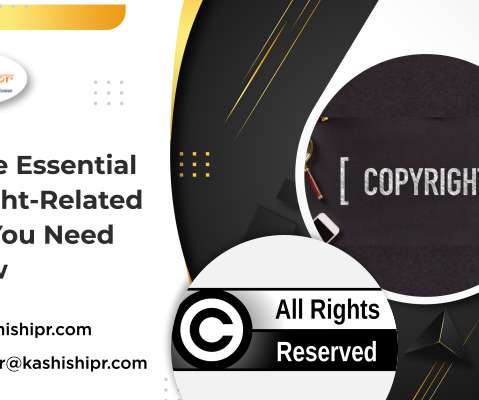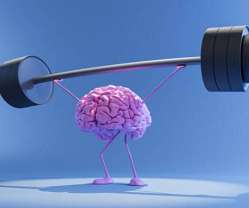The Five Essential Copyright-Related Terms You Need to Know
Kashishipr
AUGUST 31, 2022
Such creations may include literary and artistic works, designs, names, inventions, etc. When you enforce your copyright, you enforce your copyright-related rights, which fall under Intellectual Property Rights (IPRs). Do you think about the fight between musicians concerning stolen or copied song lyrics?












Let's personalize your content